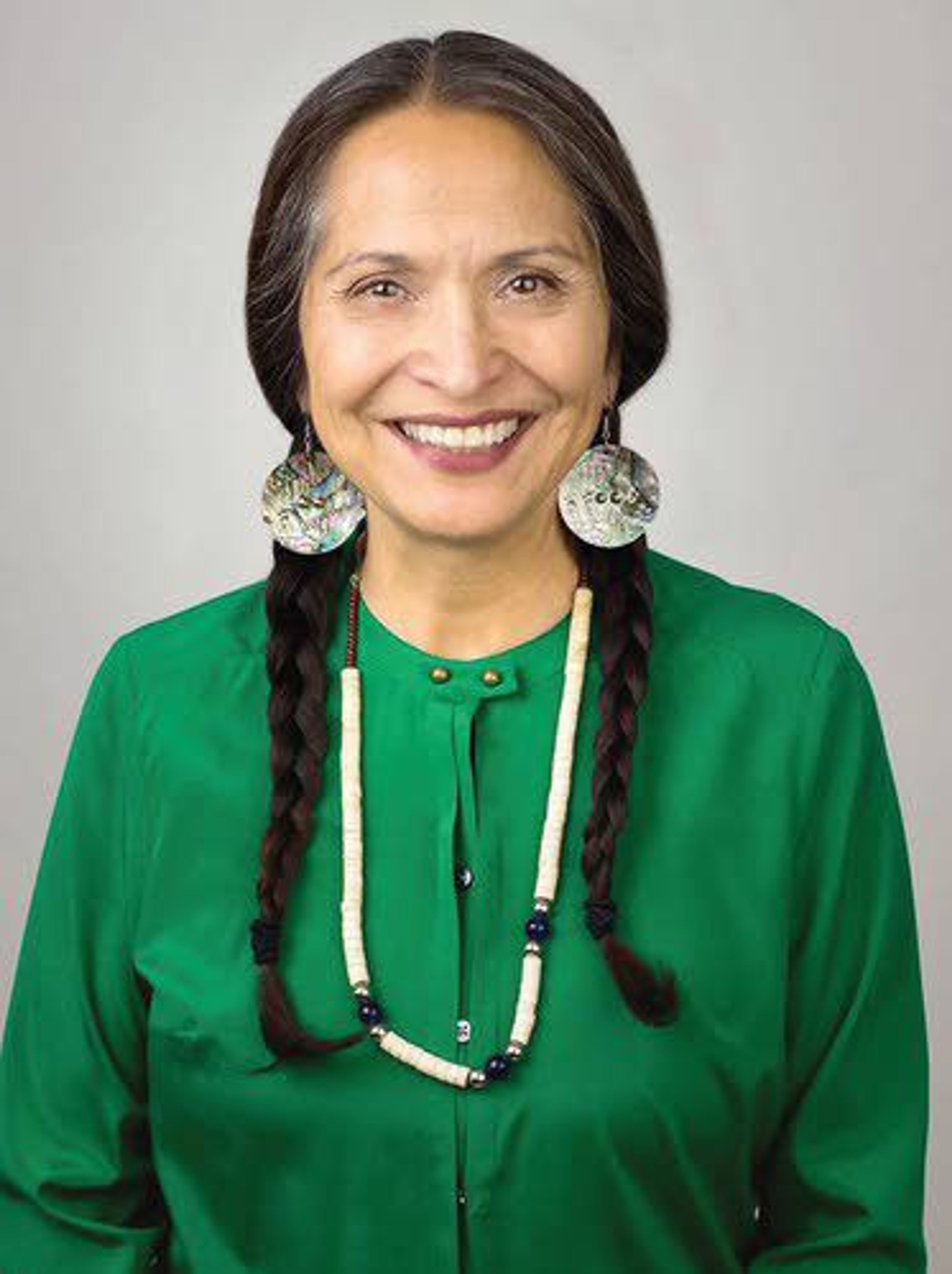Tough times made resilient siblings
Kamiah-raised Jo Ann Kauffman recalls how her family's bonds were forged growing up in poverty
She grew up just like many other American Indian children of her time.
When Jo Ann Kauffman, 64, was growing up in Kamiah, she witnessed substance abuse, poverty and lived without basic services like electricity and water. But Kauffman said it was all normal to them.
"My childhood is probably not much different from tribal people who grew up in the '50s," she said.
That's only the beginning of Kauffman's life story, which is being featured as part of a project that explores a diverse group of people in Washington and how they've influenced the state's history. Her story will be part of an exhibit in the Washington State Capitol. The project, "Who are we?" is part of Legacy Washington, an education project aimed at sharing the state's history with the public.
The exhibit is being put on by Washington Secretary of State Kim Wyman. It opens later this month and will be on display for a year.
Kauffman's childhood and struggle is a large part of the project and shows what she overcame to get to where she is now.
Kauffman is the founder of Kauffman and Associates Inc., based out of Spokane, a management and health policy consulting firm that provides training, technical assistance, communications and grant support.
"She was the person who cleared the way for the Leschi Center," Wyman said.
The Leschi Center, based in Seattle, is a social services clinic for American Indians.
She also formed the National Association of Native American Children of Alcoholics, Wyman said.
"That's why her impact is so powerful," she said.
While she was instrumental in so many things through out her life, Kauffman said she's most proud of her work in helping add 14 additional sites to the Nez Perce National Historical Park.
"Her story is just another example of these courageous women across the Northwest," Wyman said.
Kauffman said that rich or poor, everybody comes with some kind of baggage.
She doesn't like to focus on the dysfunction of her family or see her childhood in a negative light.
"It gives the wrong impression of our experience," Kauffman said about she and her siblings. "When you put it all together, we had an incredible and wonderful childhood."
Kauffman is one of seven kids and one of six girls. She isn't the only name that stands out in her family. Her sister, Hattie Kauffman, was the first American Indian news correspondent on national television. Another sister, Claudia Kauffman, was a Washington state senator from 2006 to 2010. She was the first American Indian woman to be elected to a Washington state senate seat.
"We were very fortunate," Kauffman said. "Our childhood was filled with a lot of love."
Kauffman said love shines through her siblings' personalities. Each one of them is different, she said.
The rough parts of their childhood instilled in them a strong bond to stick together and take care of each other.
"We came out of it as a team," she said.
Kauffman said she was surprised when she was asked to be part of the project. But since working on it, she's noticed how much of an influence her grandmother, Lizzie Moody, and mother, Josephine Moody Kauffman, had on her. She said she'll remember different sayings and teaching she learned along the way that helped make her resilient.
"Alcohol made an impact on our family," she said. And while that was a negative aspect of their lives, she sad it also unleashed a resilience in her.
She decided she didn't want to repeat the cycle of substance abuse, so she stopped drinking.
"Too often we blame the environment or racism," Kauffman said, but sometimes people have to look beyond those obstacles and decide what they want. Kauffman believes there are opportunities to turn struggles around.
"I think that's an opportunity we don't want to miss," she said.
---
Thacker may be contacted at sthacker@lmtribune.com or at (208) 848-2278.









